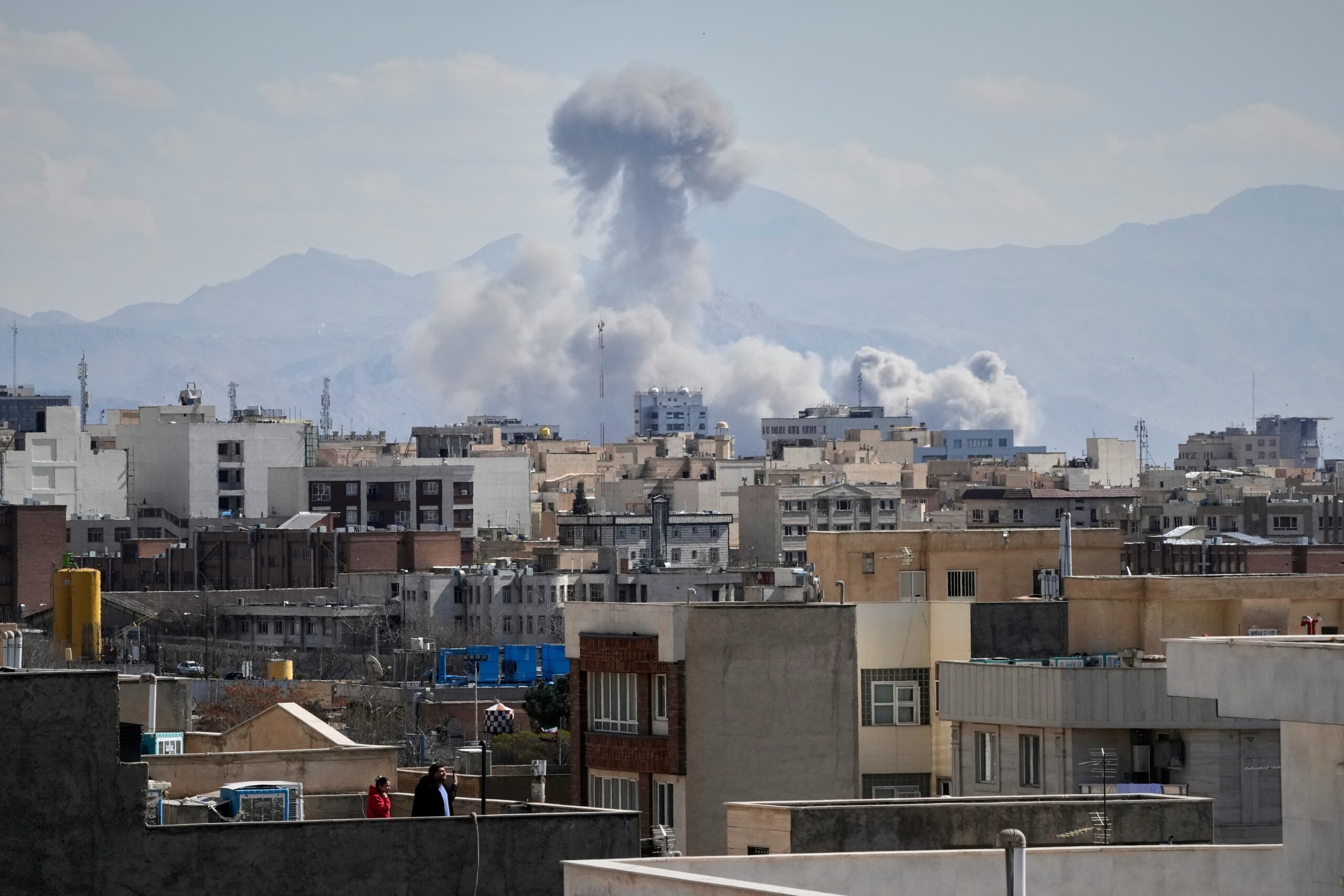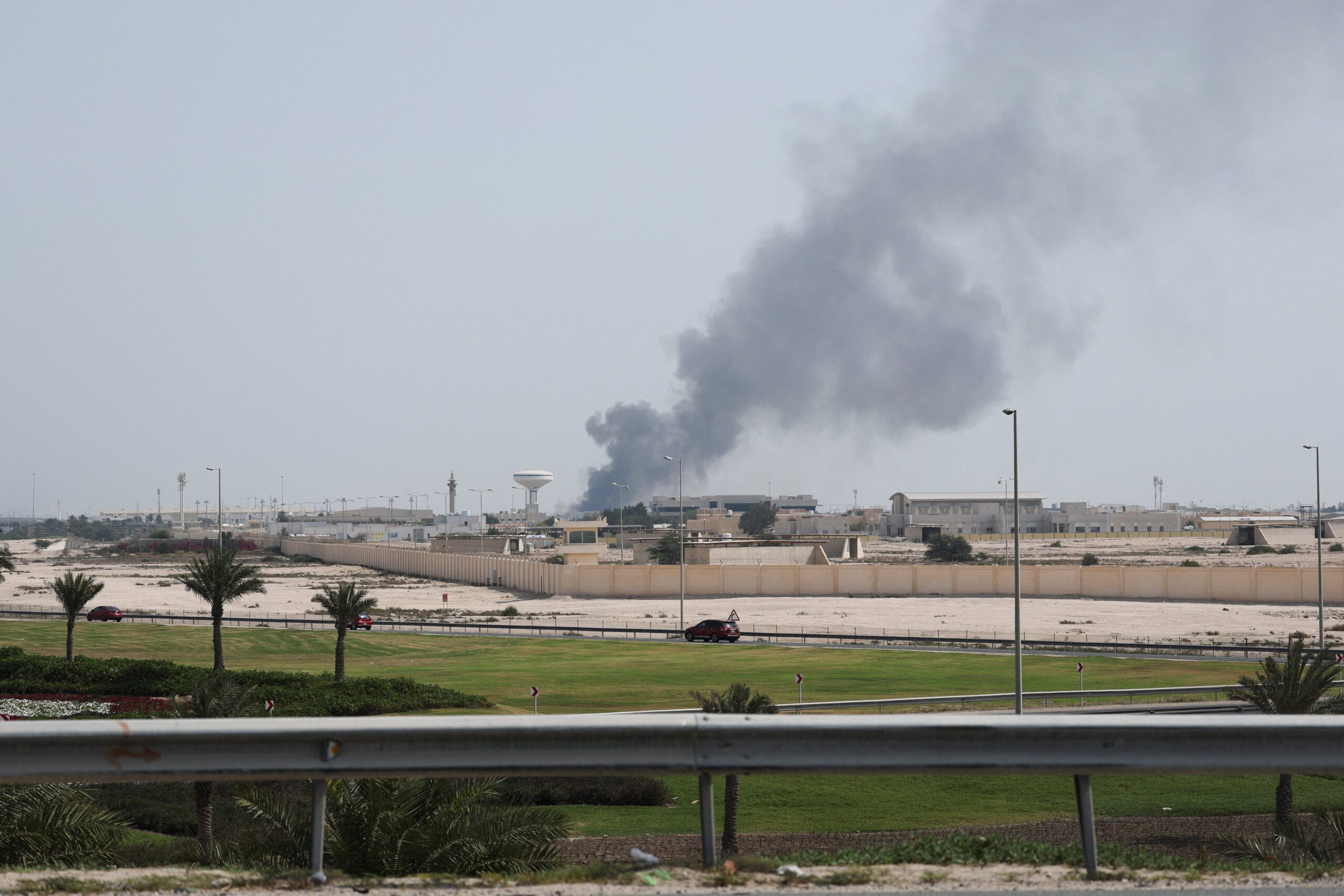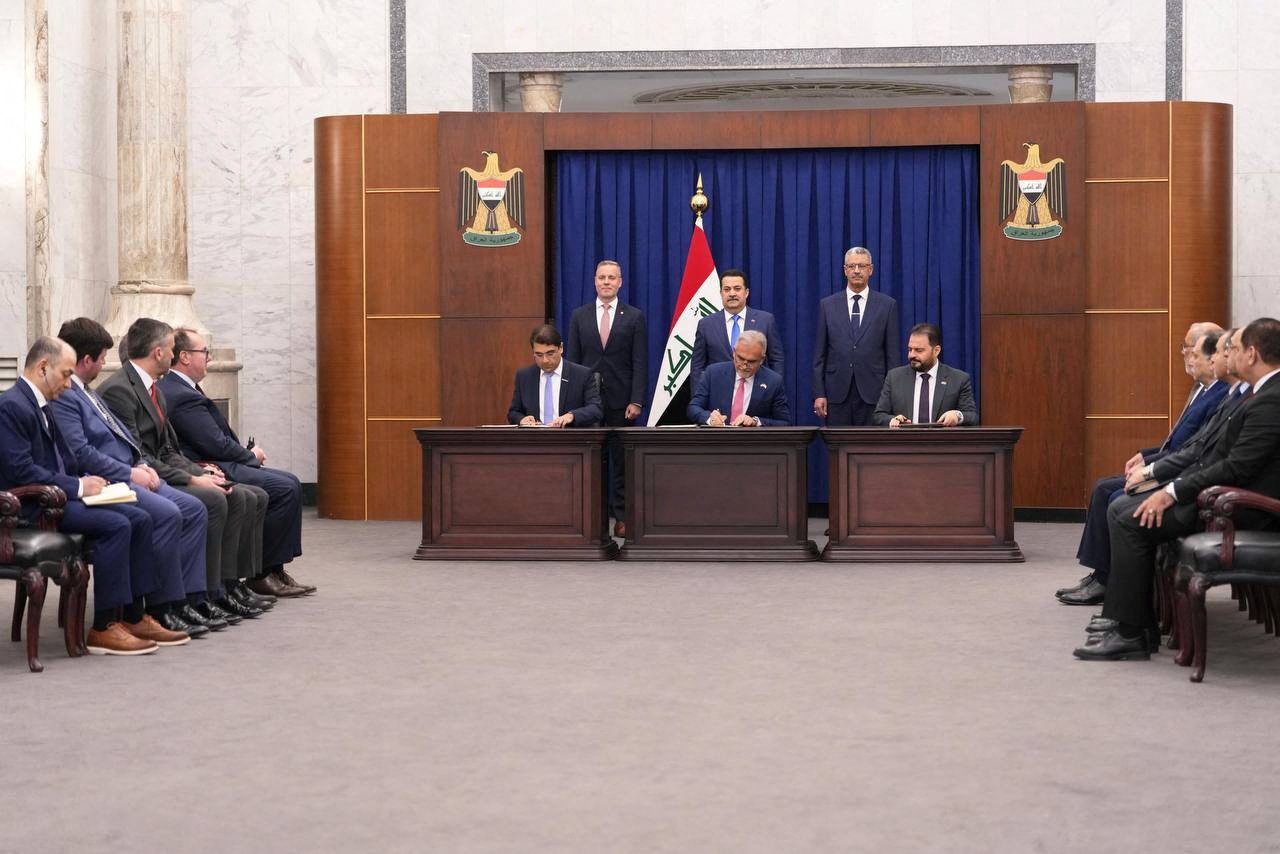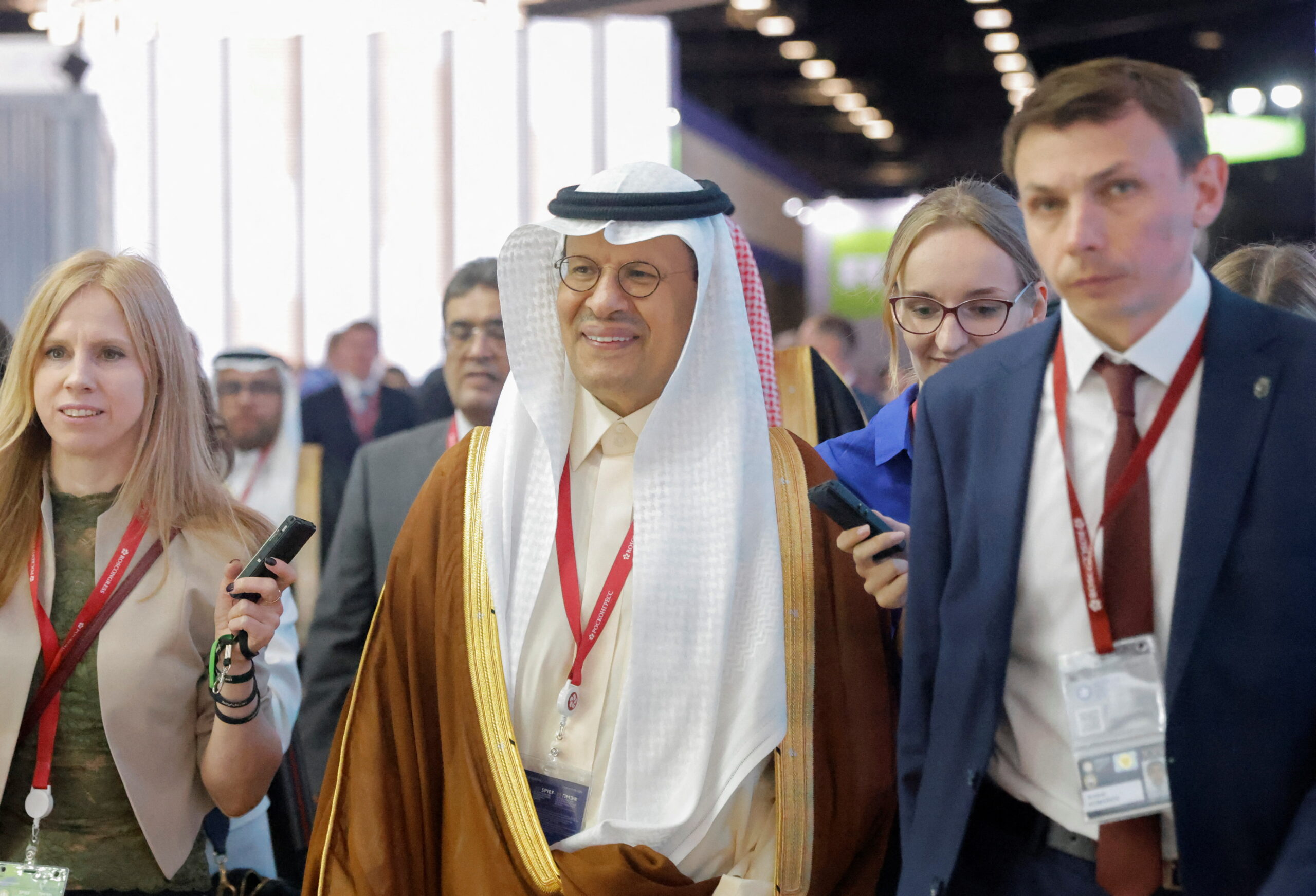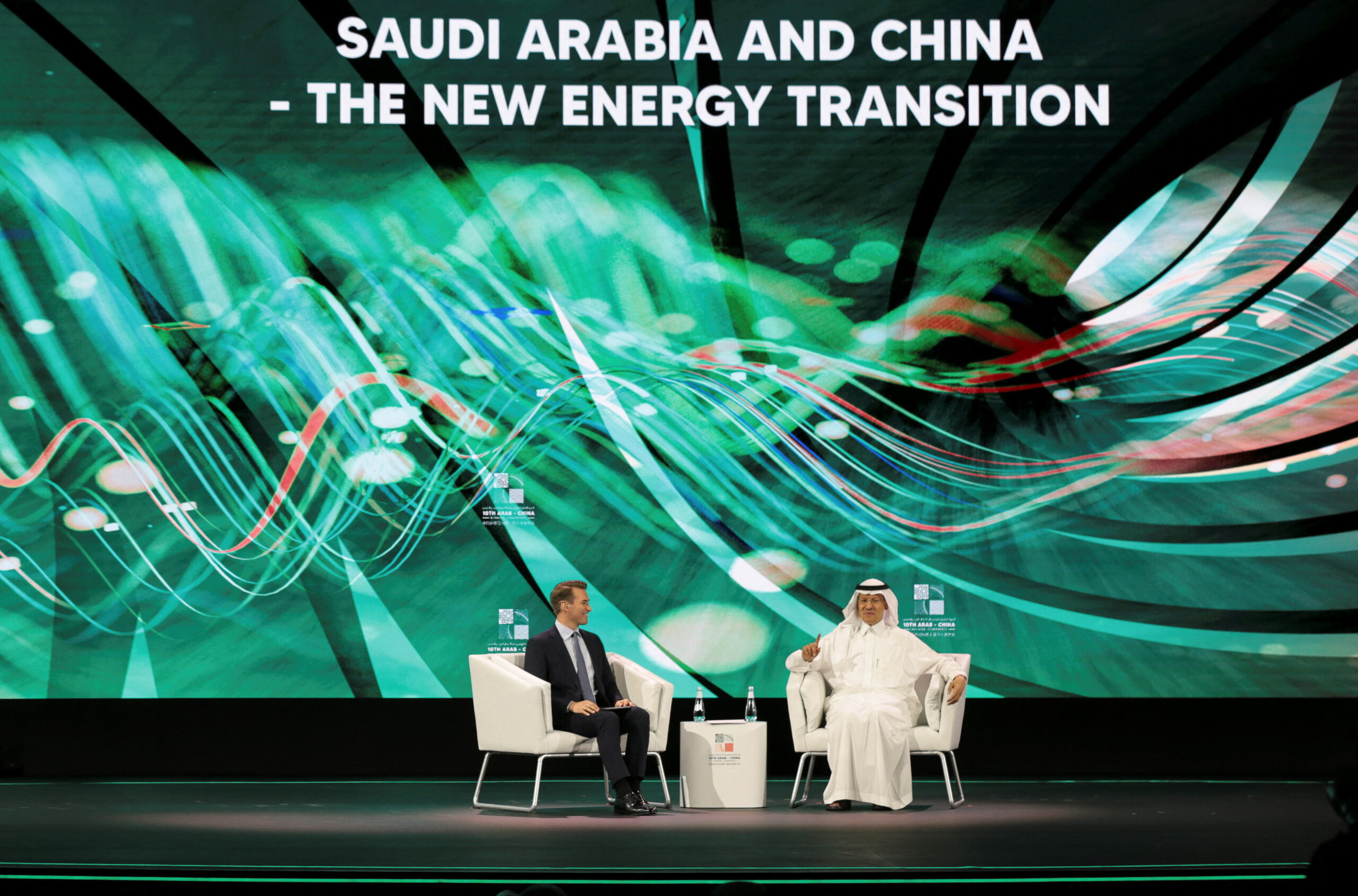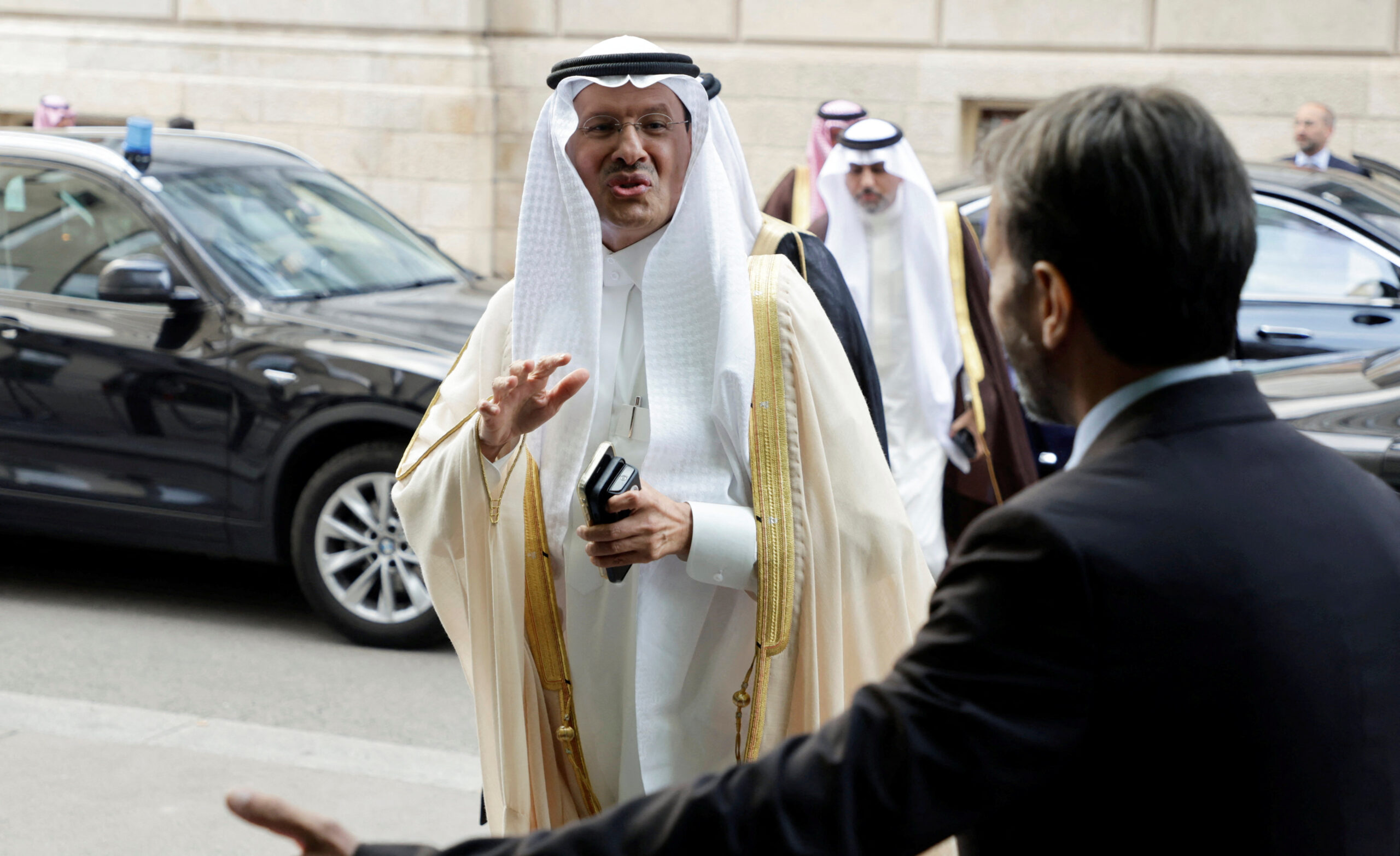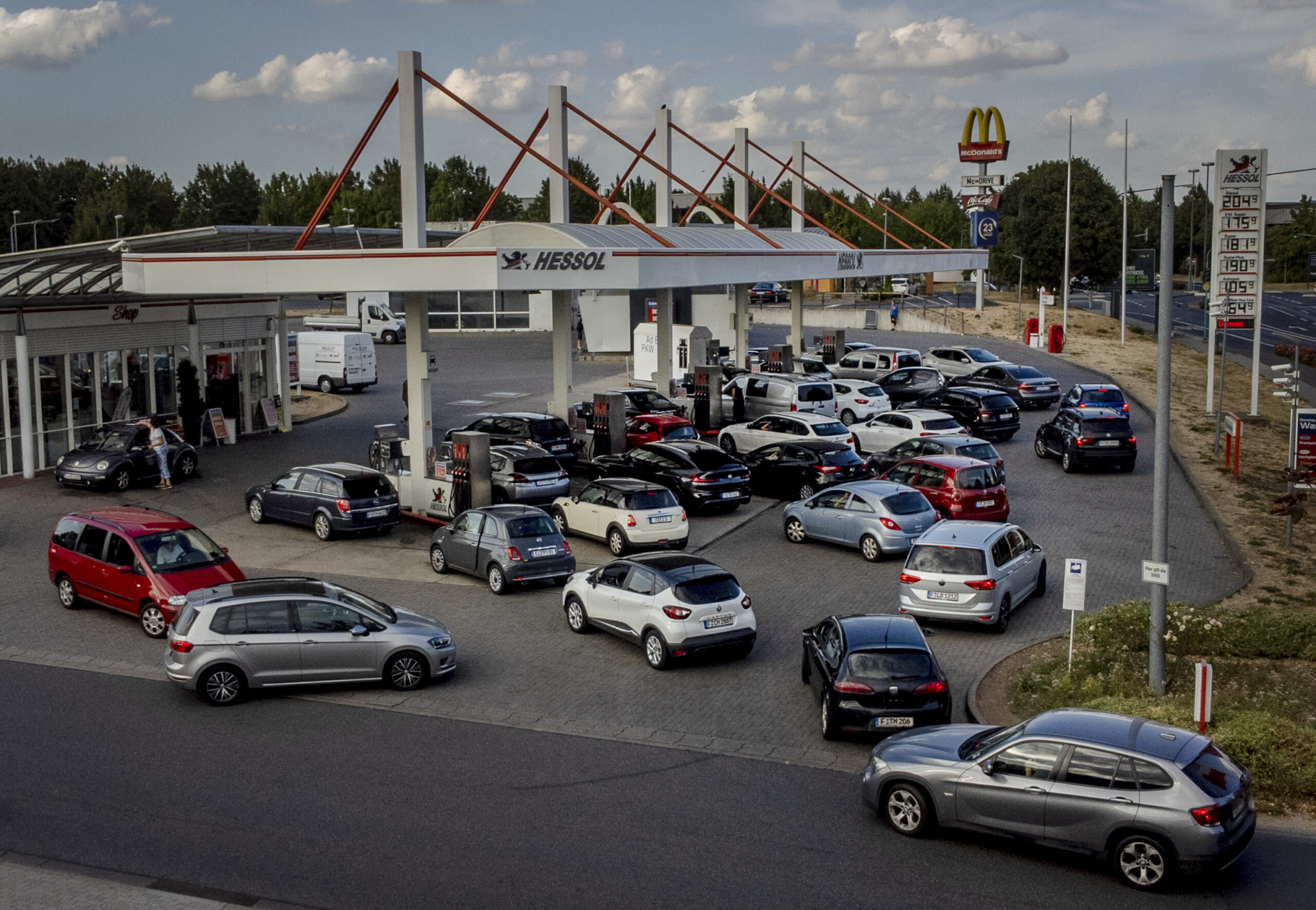Enhancing Gas Security: An Economic Imperative for the Gulf Arab States
The Gulf Arab states are casting a wide net in their pursuit of gas-supply security.
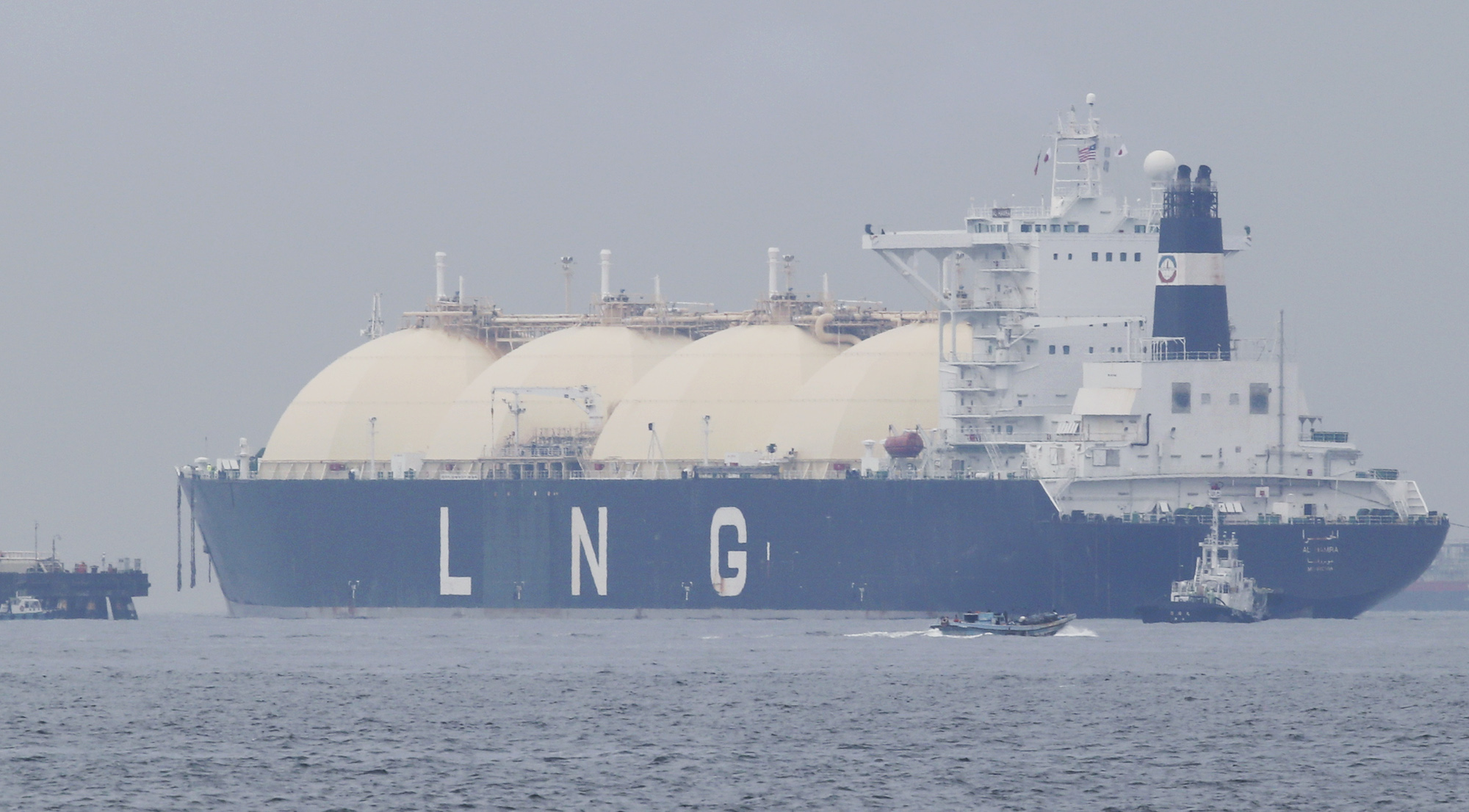
Executive Summary
Natural gas will play a critical role in driving economic expansion and diversification for the Gulf Arab states in coming decades. Yet, despite the enormous resources of natural gas, almost all countries in the region, with the exception of Qatar, will struggle to meet growing supply needs. Straining supplies further, gas is being prioritized for use in electricity generation in an effort to divert more valuable crude oil to export markets to maximize revenue, a critical priority in the major producing countries.
The Gulf Arab states are casting a wide net in their pursuit of gas-supply security, with increased use of renewable sources also a central policy initiative. State energy companies are sharpening their focus on developing domestic natural gas production, but some countries are having more success than others developing these technically challenging reserves. As a result, rapidly expanding demand is forecast to outpace planned production increases for the major gas consuming countries in the region.
In an effort to mitigate supply deficits, a number of countries will increasingly turn to imports of liquefied natural gas or embark on joint ventures to acquire gas assets outside their borders. Indeed, the pursuit of natural gas security will dominate the energy landscape of the Gulf Arab states through the next decade.
The views represented herein are the author's or speaker's own and do not necessarily reflect the views of AGSI, its staff, or its board of directors.







